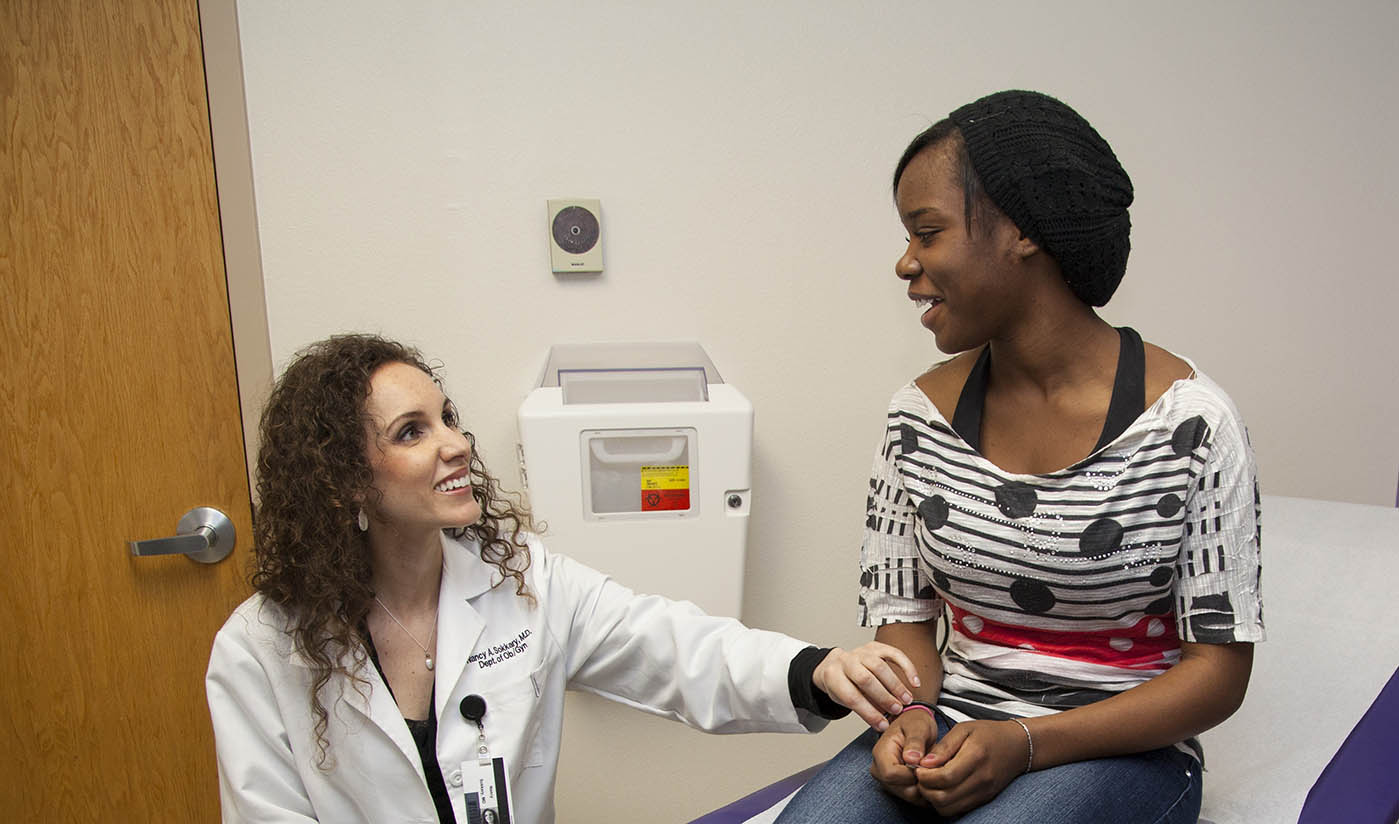According to the Centers for Disease Control and Prevention (CDC), 45% of pregnancies are unintended. Pregnancy can occur when, about halfway through a menstrual cycle, one egg leaves the ovary and travels through the fallopian tube towards the uterus. This process is known as ovulation. For a person to become pregnant, a sperm must meet up with an egg. Afterwards, the fertilized egg implants into the lining of the uterus.
There are myths about what can accidentally cause someone to get pregnant, which can cause confusion and unnecessary fear. Many people turn to Google for answers. For example, “women’s health” was among the top searches of 2021.
In the next sections, we discuss what can, might and can’t cause pregnancy. It is important to use a dependable birth control method every time you have sex to reduce the risk of unwanted pregnancy. If you are concerned about sexually transmitted infections (STIs), always use a condom, too.
You CAN Get Pregnant From…
Vaginal sex
Unprotected vaginal sex is the most common way to get pregnant. According to the American Pregnancy Association, a healthy 30-year-old has a 20% chance of getting pregnant each month while having unprotected sex. Even if you practice the withdrawal method, or the “pull out” method—when one partner removes their penis from the other partner’s vagina before ejaculating—you can still get pregnant. The penis leaks a bit of sperm before ejaculating (pre-ejaculate), which can cause pregnancy.
Having sex during your period
Sperm can live inside the body for up to five days. If you have sex near the end of your period and ovulate early, it is possible to get pregnant.
Having sex shortly after having a baby
There is no way to predict how giving birth will affect your menstrual cycle. Hormonal shifts can cause irregular or delayed ovulation and periods for some people. Some get their period again within a month and some begin several months later. Though it is unlikely to get pregnant within the first few days or weeks after having a baby, it is possible to get pregnant right away after giving birth, even before your period comes back.
You MIGHT Get Pregnant From…
Anal sex
When a partner inserts their penis into your anus. Sperm can’t travel from the anus to the uterus. But if sperm leaks out of the anus or gets into the vagina from the outside, you could get pregnant.
Vaginal exposure to semen
If semen gets into the vagina from your or your partner’s hands, clothes or external objects, it is possible—though unlikely—for sperm to travel through to the fallopian tubes, causing pregnancy.
Having sex before or after a certain age
Technically, you can get pregnant as soon as you ovulate for the first time, around 14 days before your period—even your first period. Pregnancy remains possible until after your final ovulation, which is called menopause. However, age decreases fertility over time, along with the risk of pregnancy complications such as preeclampsia. Successful pregnancies can occur at any age if your body is releasing healthy eggs. In 1997, a 57-year-old became the oldest woman to give birth naturally after she accidentally became pregnant when she ovulated after her last period. In 1939, a five-year-old girl in Peru became the youngest recorded person to give birth.
Having unprotected sex while breastfeeding
When you breastfeed, your body suppresses the hormone estrogen, which can prevent ovulation. So, some people try to use frequent breastfeeding as a method of natural contraception called the lactational amenorrhea method (LAM). We typically do not recommend breastfeeding as an exclusive form of birth control.
Periods are unlikely if your baby gets only breast milk, is six months old or younger, and feeds at least every four hours during the day and six hours at night. Longer gaps between feedings increases the chance for pregnancy.
Taking antibiotics with birth control
Antibiotic medications fight infections caused by bacteria. Most antibiotics do not interfere with long-acting birth control, such as intrauterine devices (IUDs) or in-arm implants.
Vomiting or having diarrhea while taking antibiotics can reduce how well birth control pills work. Rifampin (Rifadlin), which treats tuberculosis (TB), can interfere with birth control pills, patches and the ring. Double up your protection, such as using condoms or spermicide along with your birth control, while you take antibiotics and for another week after your last dose.
Early Signs and Symptoms of Pregnancy
If you think you think you might be pregnancy, know when to make a prenatal care appointment.You WON’T Get Pregnant From…
Oral sex
Contact between your mouth and a partner’s genitals. It is not possible to become pregnant from oral sex alone, whether even if sperm is swallowed—it can’t travel from the throat or stomach to the fallopian tubes.
Sitting on a toilet seat
Sperm can live in a vagina for up to five days, but it dries within minutes on a toilet seat and other hard surfaces. There is no need to worry about getting pregnant from sitting on a toilet seat.
If you have additional questions or think you may be pregnant, please reach out. We are here to provide free pregnancy tests, discuss birth control options and help you getting support to stop smoking or drinking during pregnancy, if needed. We are always happy to help.

